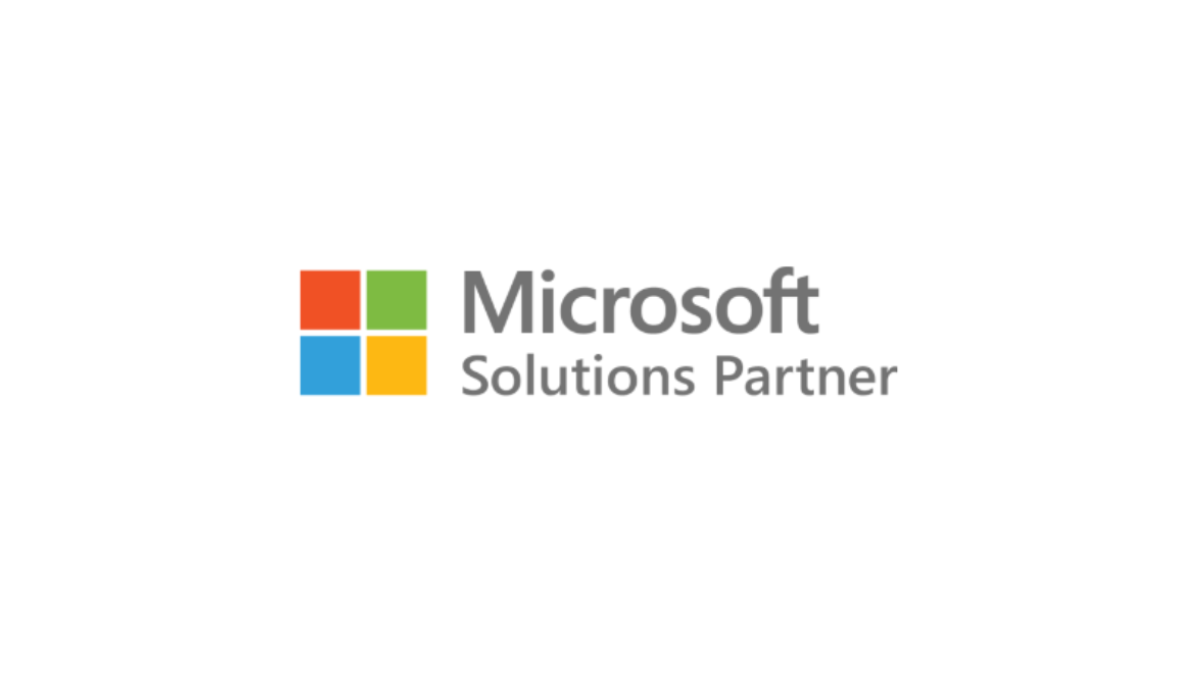May 1, 2025

In an increasingly interconnected world, cybersecurity has become a paramount concern for organisations of all sizes. As businesses strive to protect their digital assets and sensitive information, many are turning to Managed Security Service Providers (MSSPs) to manage and enhance their cybersecurity postures. But is becoming an MSSP a secure and viable offering? This article delves into the advantages, challenges, and emerging trends for MSSPs, particularly integrating AI-driven solutions.
The evolving role of MSSPs
MSSPs play a crucial role in modern cybersecurity strategies. They offer various managed security services, including continuous monitoring, vulnerability management, incident response, and threat intelligence. Outsourcing these functions to MSSPs allows organisations to leverage specialised expertise and advanced technologies without maintaining extensive in-house security teams.
The value proposition of MSSPs
- Expertise and Resources: MSSPs bring a wealth of knowledge and experience. This expertise is particularly valuable for small and medium-sized enterprises (SMEs) that might lack dedicated cybersecurity teams.
- Cost Efficiency: Maintaining an in-house security team can be expensive. MSSPs offer cost-effective solutions by spreading the cost of infrastructure management services, security controls, and talent across multiple clients.
- 24/7 Monitoring: Cyber threats don't adhere to business hours. MSSPs provide round-the-clock monitoring and rapid response to potential threats, ensuring robust protection.
- Scalability: As businesses grow and evolve, so do their security needs. MSSPs can scale their services to match their clients' changing requirements, providing comprehensive protection.
The security challenges for MSSPs
While MSSPs offer numerous benefits, managing the security of multiple clients can be a complex and daunting task. Here are some key challenges MSSPs face:
Complexity and Scalability
Managing multiple clients with diverse security needs requires advanced tools and robust processes. Integrating and maintaining security information and event management (SIEM) systems, threat intelligence, and incident response mechanisms present significant challenges. Many organisations rely on MSSPs for this intricate infrastructure management.
Data Privacy and Compliance
Handling sensitive data for various clients necessitates stringent data privacy and compliance standards. Depending on their clients ' industries and locations, MSSPs must navigate multiple regulatory requirements, such as GDPR, HIPAA, and CCPA. Compliance services are crucial for meeting all legal and regulatory standards.
Evolving Threat Landscape
Cyber-attacks are continuously evolving, becoming more sophisticated and challenging to detect. MSSPs must remain updated with the latest threat intelligence and proactively adapt their security measures to combat emerging threats. This is vital for maintaining a strong cybersecurity posture in a rapidly changing environment.
Skill Shortages
The cybersecurity industry is facing a well-documented skills gap. Finding and retaining skilled security professionals can be challenging, impacting the MSSP's ability to deliver high-quality services consistently. This shortage can result in alert fatigue and overburdened IT departments.
The role of AI in enhancing MSSP offerings
Many MSSPs are turning to AI-driven solutions to address these challenges and augment their capabilities. AI technologies can enhance the efficiency, accuracy, and scalability of day-to-day security operations and infrastructure management services.
SecQube’s AI-powered platform for Microsoft Sentinel
SecQube exemplifies how AI can transform MSSP offerings. Their AI-powered, multi-tenant platform for Microsoft Sentinel simplifies security operations through conversational AI and automated workflows. Here’s how SecQube stands out:
- AI-guided incident investigation: With Harvey, the conversational AI bot, SecQube enables swift investigation without KQL expertise. This significantly reduces the time and complexity of understanding and mitigating security incidents.
- Automated workflows: SecQube automates standard operating procedures (SOPs), facilitating efficient incident triage and response. This minimises manual intervention and ensures consistent and prompt actions.
- Multi-tenant security portal: MSSPs can manage multiple clients through a single, unified portal. The built-in ticketing and change management systems streamline operations, improve communication, and enhance service delivery.
- Threat intelligence integration: SecQube provides real-time threat intelligence and automated KQL query generation. This allows MSSPs to assess the severity of threats and take necessary actions quickly.
- Azure Lighthouse integration: This feature ensures seamless security monitoring with US/EU data residency options, enhancing clients' data sovereignty and compliance.
The future: AI-driven MSSPs
The future of MSSPs lies in embracing AI and automation. By integrating AI-driven solutions like SecQube's platform, MSSPs can overcome the limitations of traditional security approaches. This shift enhances their service offerings and makes robust cybersecurity accessible and efficient for organisations of all sizes.
In conclusion, becoming a managed security service provider is a secure and viable offering, provided that they leverage advanced technologies to manage the complex, dynamic nature of the cybersecurity landscape. By adopting AI-driven platforms, MSSPs can ensure their clients remain protected in an ever-evolving threat landscape, delivering proactive, efficient, and scalable managed security services.
Read More Blogs
.png)
February 2, 2026


.png)



